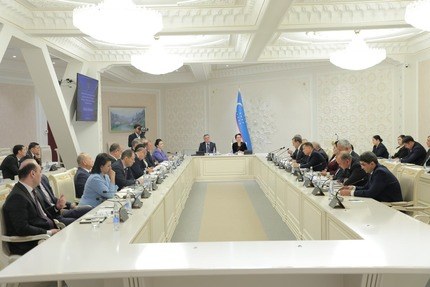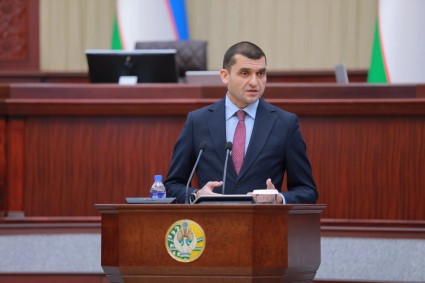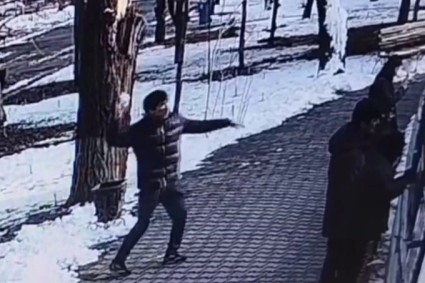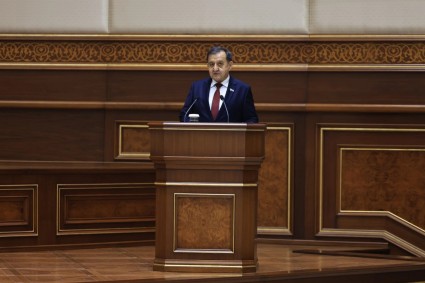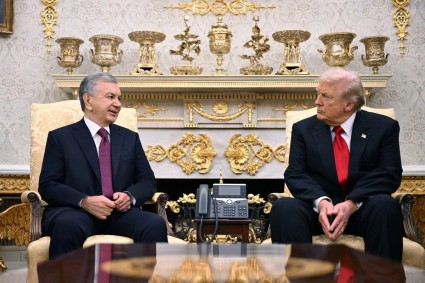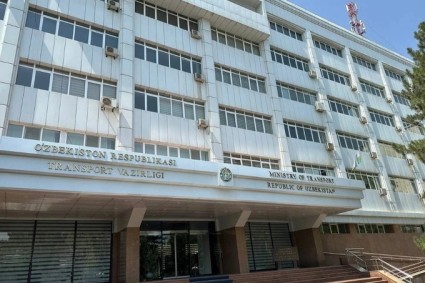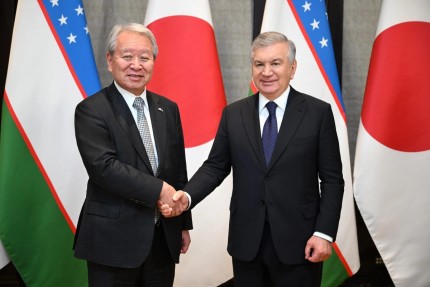The councils of the two Chambers of the parliament at a joint meeting today heard the report of the Commission on July 1-2, 2022 Karakalpakstan Events.
The Commission was created on July 15, 2022, by the Senate and the Legislative Chamber to conduct an independent investigation of the Nukus events. It was headed by Ombudsperson Feruza Eshmatova. The Commission also included 14 deputies, senators, representatives of non-governmental organizations and the public.
“The Commission analyzed the causes, chronology and consequences of the events in Karakalpakstan, assessed the actions of government bodies and law enforcement agencies to suppress mass riots, and observed the trials of participants in the events,” the report says.
At the request of the Commission, 30 defendants were released from courtroom, monitoring visits were conducted at pre-trial detention centers, and the socio-economic changes that occurred in Karakalpakstan after the events were monitored, the Commission underscored.
Of the 168 persons arrested in the criminal case, at the request of the Commission, 107 people (including 2 women) were returned to their families.
The Commission interacted with the Office of the UN High Commissioner for Human Rights, the OSCE Office for Democratic Institutions and Human Rights, other international organizations, and also maintained contact with international non-governmental organizations and the media.
According to the Commission, 943 people among the participants in the events were warned for the offenses they committed, 6,135 people were subject to administrative fines, 2,639 people received administrative arrest, and 61 people were found to have committed criminal offenses.
The report underscored that as a result of the events of July 1-2, 2022, some individuals and law enforcement officers were killed or seriously injured, and 6.8 billion soums worth of damage to civilian and state property was caused.
“To suppress mass riots, prevent attempts to seize administrative buildings and strategic facilities, law enforcement agencies used means used in international practice, such as water cannons, equipment for spraying colored liquid and special tear grenades,” the Commission reported.
According to the Commission, 21 people died during those events, including 2 law enforcement officers (the same figures were announced immediately after the events), and 413 people were injured (of which 183 were law enforcement officers).
“The rights and legitimate interests of suspects, accused and defendants (access to a lawyer, medical care, phone calls, etc.) were fully ensured. Everyone was given the opportunity to appeal court decisions. It was underscored that all court proceedings were open and transparent,” the press release says.
While, 3 police officers were brought to criminal liability for human rights violations during the dispersal of demonstrators (this was reported earlier).
The Commission published a number of recommendations to the government agencies:
- In the future, when making important decisions affecting the life of the state and society, at the stage of public discussion, comprehensive measures should be taken to fully explain their essence and significance, as well as participate in discussions;
- government bodies at all levels, in the process of developing and making important political and administrative decisions, need to establish a system of timely and high-quality response to possible cases of dissemination of unreliable, misleading and biased information (disinformation);
- constantly improve regulatory documents governing the use of special means and measures by law enforcement agencies to disperse violators during mass riots, taking into account the experience of leading foreign countries;
- consistently explain to individuals the importance of respecting the rights of others and public order when implementing their social activities;
- conduct effective preventive and explanatory measures aimed at preventing the occurrence of negative actions by individuals that threaten public safety in places of mass gatherings and entertainment.
Reportedly, based on the findings of the consideration of the Commission's information, a resolution was adopted by the Councils of the Chambers of Parliament.

